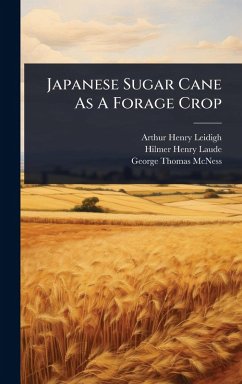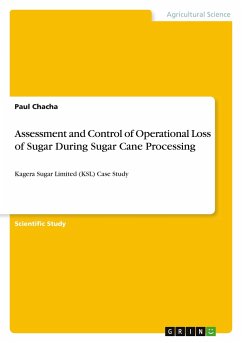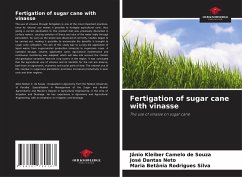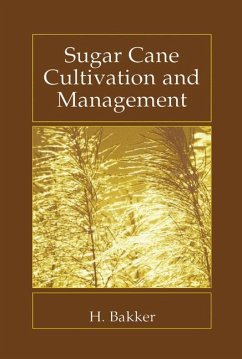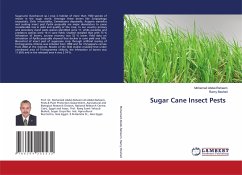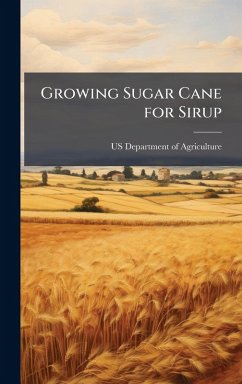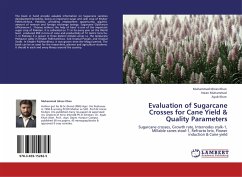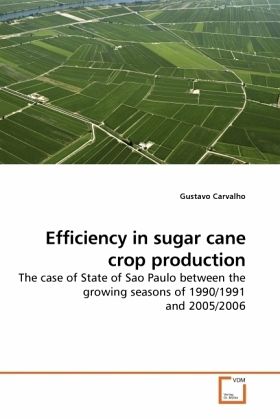
Efficiency in sugar cane crop production
The case of State of Sao Paulo between the growing seasons of 1990/1991 and 2005/2006
Versandkostenfrei!
Versandfertig in 6-10 Tagen
32,99 €
inkl. MwSt.

PAYBACK Punkte
16 °P sammeln!
Sugar cane is a reality in the role of global profitability and an energetic resource capable to help with more sustainability, saving fossil fuels in the new policies for socioeconomic development. The State of Sao Paulo has proven to be a region of great potential to supply sugar cane demands to produce sugar, ethanol and energy, for its tradition in the sugar and alcohol sector, its economical structure, technological availability and appropriate infrastructure. The objective of this study was to survey the crops efficiency along 16 growing seasons, investigating the relative climate and so...
Sugar cane is a reality in the role of global profitability and an energetic resource capable to help with more sustainability, saving fossil fuels in the new policies for socioeconomic development. The State of Sao Paulo has proven to be a region of great potential to supply sugar cane demands to produce sugar, ethanol and energy, for its tradition in the sugar and alcohol sector, its economical structure, technological availability and appropriate infrastructure. The objective of this study was to survey the crops efficiency along 16 growing seasons, investigating the relative climate and soil importance and inferring about the socioeconomic and juncture aspects that interfere in gaining efficiency in sugar cane production and its spatial and temporal variability. The efficiency concept derives from thermodynamics to create a performance evaluating indicator of agricultural production systems in local or regional scale and to quantify how some factors interfere in the production system.



